Transforming Energy Costs with Electric Vehicles
Electric vehicles (EVs) are revolutionizing the way we travel and manage our energy consumption. They not only cut down on fuel expenses but also offer significant savings on electricity bills. Here are various strategies through which EVs can help you save on energy costs.
Time-of-Use Savings
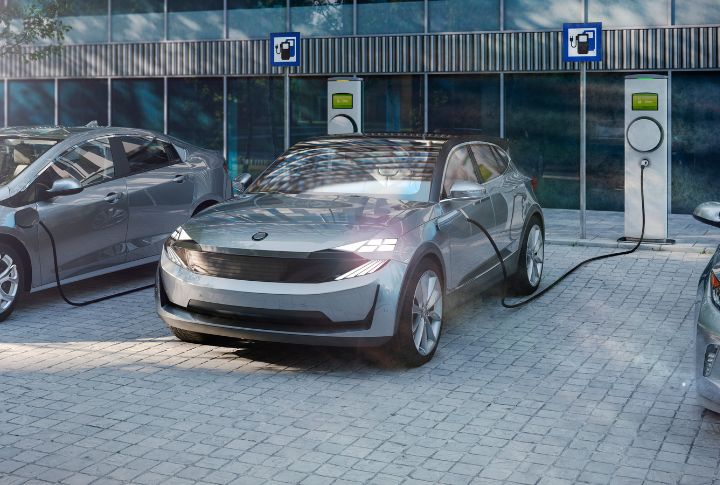
Electric companies frequently use Time-of-Use (TOU) pricing to encourage consumers to use electricity during off-peak hours when rates are lower. Charging your EV at night or on weekends allows you to take advantage of these reduced rates. This strategy not only saves money but also supports a more balanced energy grid by spreading out electricity use.
Home Energy Management
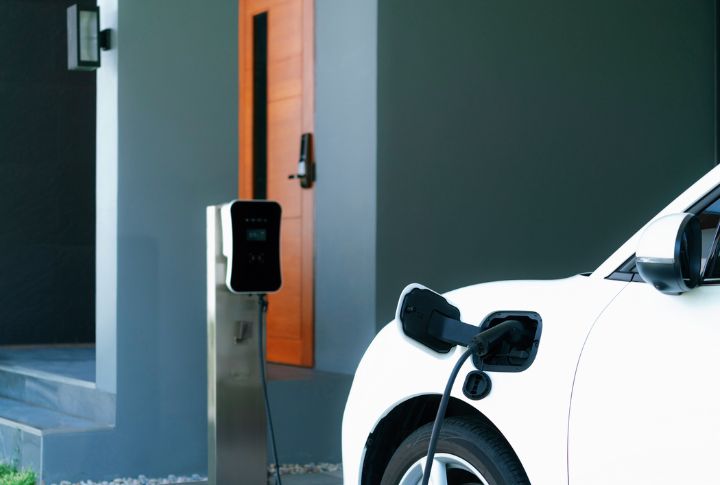
Smart home systems can work with EV chargers to optimize charging times, ensuring you benefit from off-peak electricity rates. These systems can also manage the usage of household appliances by scheduling them to operate during cheaper rate periods. This coordinated approach leads to significant savings on your energy bills and promotes environmental sustainability.
Reduced Dependency on Gasoline

EVs provide a reliable alternative to gasoline-powered vehicles, with electricity costs typically more stable than gas prices. By driving an EV, you can enjoy lower and more predictable energy costs. This shift helps reduce dependency on fluctuating fuel prices, contributing to greater financial stability.
Regenerative Braking

Regenerative braking technology captures energy usually lost during braking and converts it into electrical power stored in the battery. This system extends the vehicle’s driving range and reduces the frequency of charging, saving you money over time. It’s a key innovation that enhances both sustainability and economic efficiency.
Lower Maintenance Costs

Due to fewer moving parts and no need for oil changes, EVs generally have lower maintenance costs. These savings can help offset any increases in electricity costs from charging your vehicle. Over time, this makes owning an EV more affordable and sustainable.
Government Incentives

Many governments offer financial incentives to encourage the adoption of electric vehicles. These include rebates on EV purchases, tax credits, subsidies for installing home charging stations, and reduced registration fees. These incentives help lower the initial cost of owning an EV, making them more accessible to consumers.
Increased Home Value
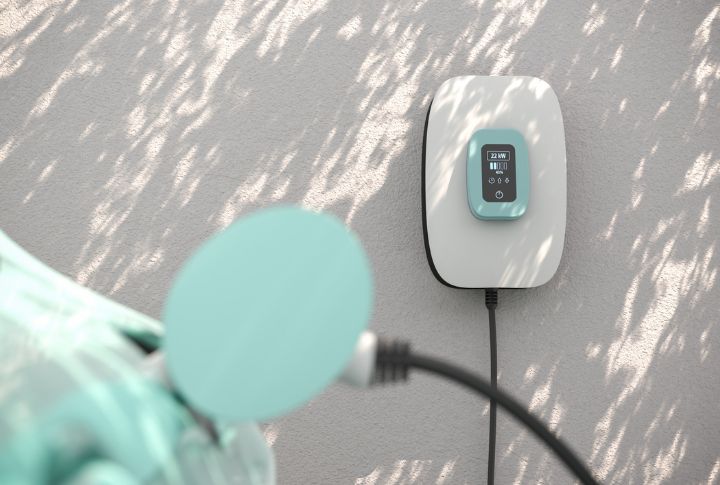
Adding an EV charging station can increase your property’s value, aligning with the growing trend of electric car ownership. This feature makes your home more attractive to potential buyers, leading to long-term financial benefits. Properties with charging stations stand out in the real estate market, showcasing forward-thinking and eco-friendly amenities.
Net Metering
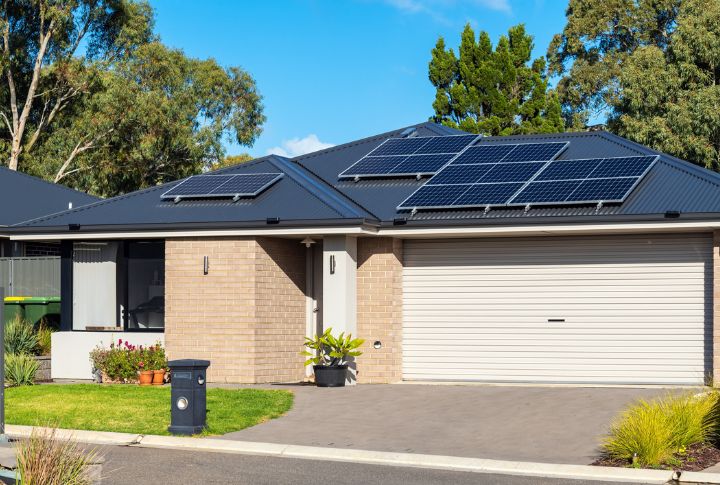
Adding an EV charging station can increase your property’s value, aligning with the growing trend of electric car ownership. This feature makes your home more attractive to potential buyers, leading to long-term financial benefits. Properties with charging stations stand out in the real estate market, showcasing forward-thinking and eco-friendly amenities.
Net Metering
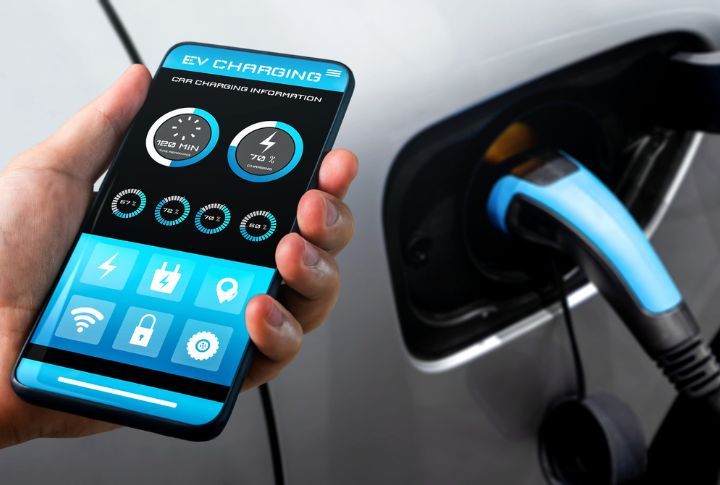
Net metering allows homeowners with solar panels to sell excess electricity back to the grid, reducing their energy bills. This surplus power can offset the cost of charging your EV, effectively using solar energy for transportation. Net metering supports renewable energy adoption and improves overall energy efficiency.
Demand Response Programs

Advancements in battery storage technology lead to more efficient conversion and storage of electrical energy, minimizing wastage and reducing the effective cost of electricity. Enhanced battery capabilities result in improved energy utilization, benefiting various sectors, including transportation, renewable energy integration, and grid stability, fostering sustainable development and economic efficiency.
Utilities offer Demand Response Programs that provide incentives for consumers to allow grid control of their EV charging during peak demand times. By adjusting charging schedules, these programs help stabilize the grid and reduce electricity costs for participants. This cooperation supports grid reliability and sustainability efforts.
Improved Battery Storage
Advances in battery storage technology enhance the efficiency of energy conversion and storage, reducing wastage. Better battery capabilities lead to more effective energy use, benefiting transportation, renewable energy integration, and grid stability. This promotes sustainable development and economic efficiency.
Load Balancing
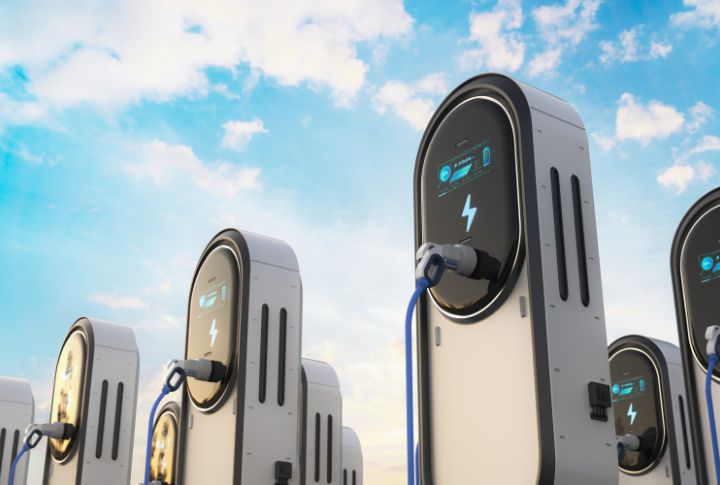
Peak Shaving
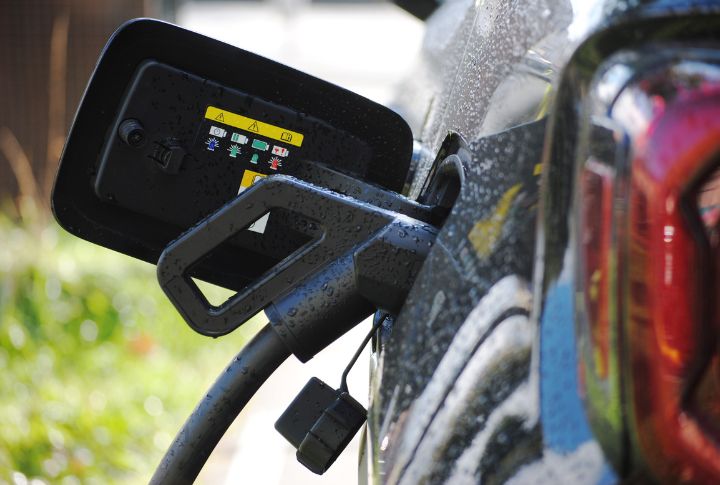
Peak shaving uses energy stored in EV batteries during high-demand periods to reduce strain on the grid. Utilities often incentivize EV owners to participate, helping to mitigate peak consumption charges. This collaborative effort benefits grid stability and promotes sustainable energy practices, potentially lowering consumer rates.
Vehicle-to-Home (V2H) Systems
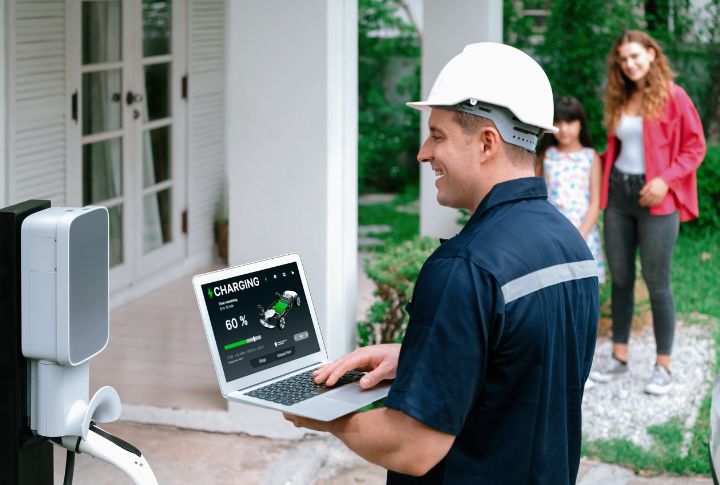
Vehicle-to-home systems enable EVs to supply power to a home during peak pricing periods or outages. This reduces reliance on expensive grid power and enhances energy resilience. V2H systems offer potential cost savings by offsetting peak electricity expenses.
Vehicle-to-Grid (V2G) Services
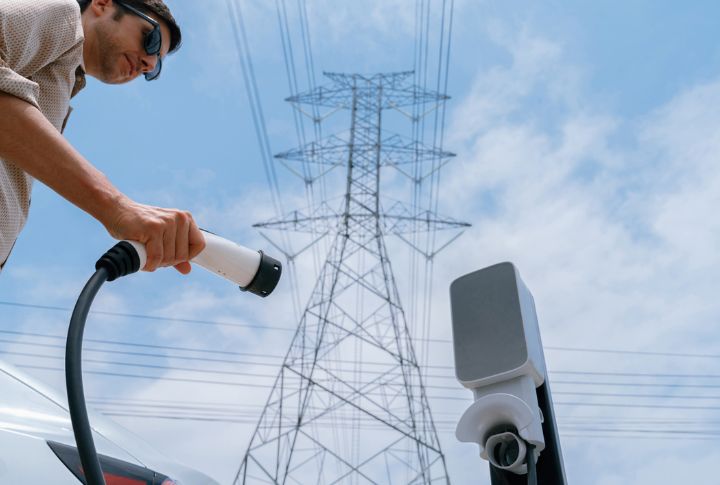
Vehicle-to-Grid services allow EVs to feed stored electricity back into the grid during peak demand times. This helps stabilize the grid, and utilities compensate EV owners for their contribution. This mutually beneficial relationship reduces overall electricity costs for both parties.
Solar Charging
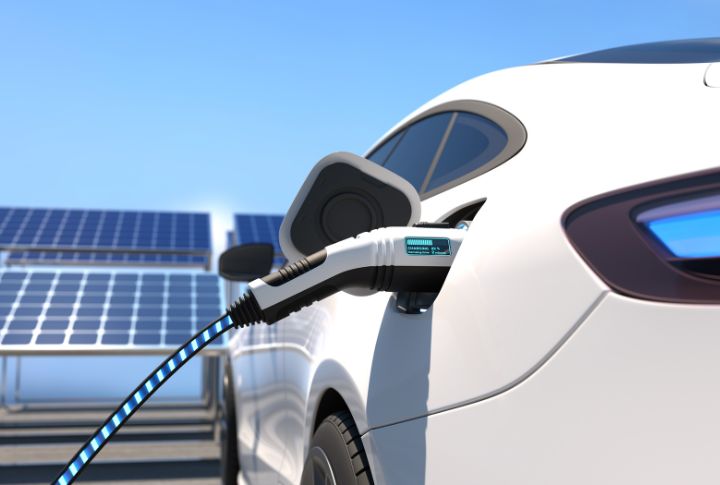
Using solar panels to charge your EV can significantly reduce fuel costs by directly harnessing renewable energy. This method offers a sustainable and cost-effective transportation solution. Over time, solar charging lowers energy bills and reduces environmental impact.
